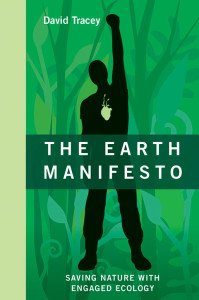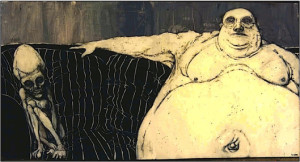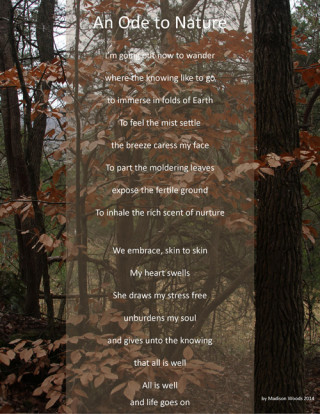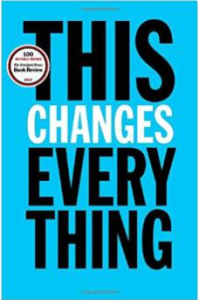Home Life Could Be Simpler
Home Life Could Be Simpler:
Perceptions of Home Among Married Couples While Staying at an Eco-lodge
Dr. Tal Litvak Hirsch, Ben Gurion University of the Negev, Israel
Dr. Alon Lazar, Independent scholar
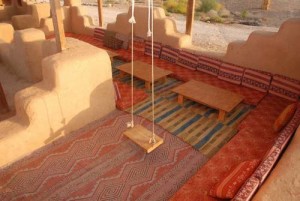 Abstract
Abstract
Individuals relate to their homes in a myriad of ways. The current study suggests that in order to expand our understanding of people’s perceptions of “home” it would be beneficial to also consider these perceptions when individuals are on vacation, and especially in locations in which living arrangements are very different from their homes. Inspection of the perceptions of married Jewish-Israeli couples who holidayed at an eco-lodge in the Israeli desert revealed that the disparity between the two abodes was generally positive and similar. The wives were more prone to point out that the stay at the eco-lodge, led them to consider the possibility of conducting their homes in a simpler manner. The results are discussed in light of social behavior , connectivity to nature and consumerism.
FOR MORE
Download a PDF of the full article – Home life could be simpler
Download a PDF of Tables – Home life could be simpler – Tables


